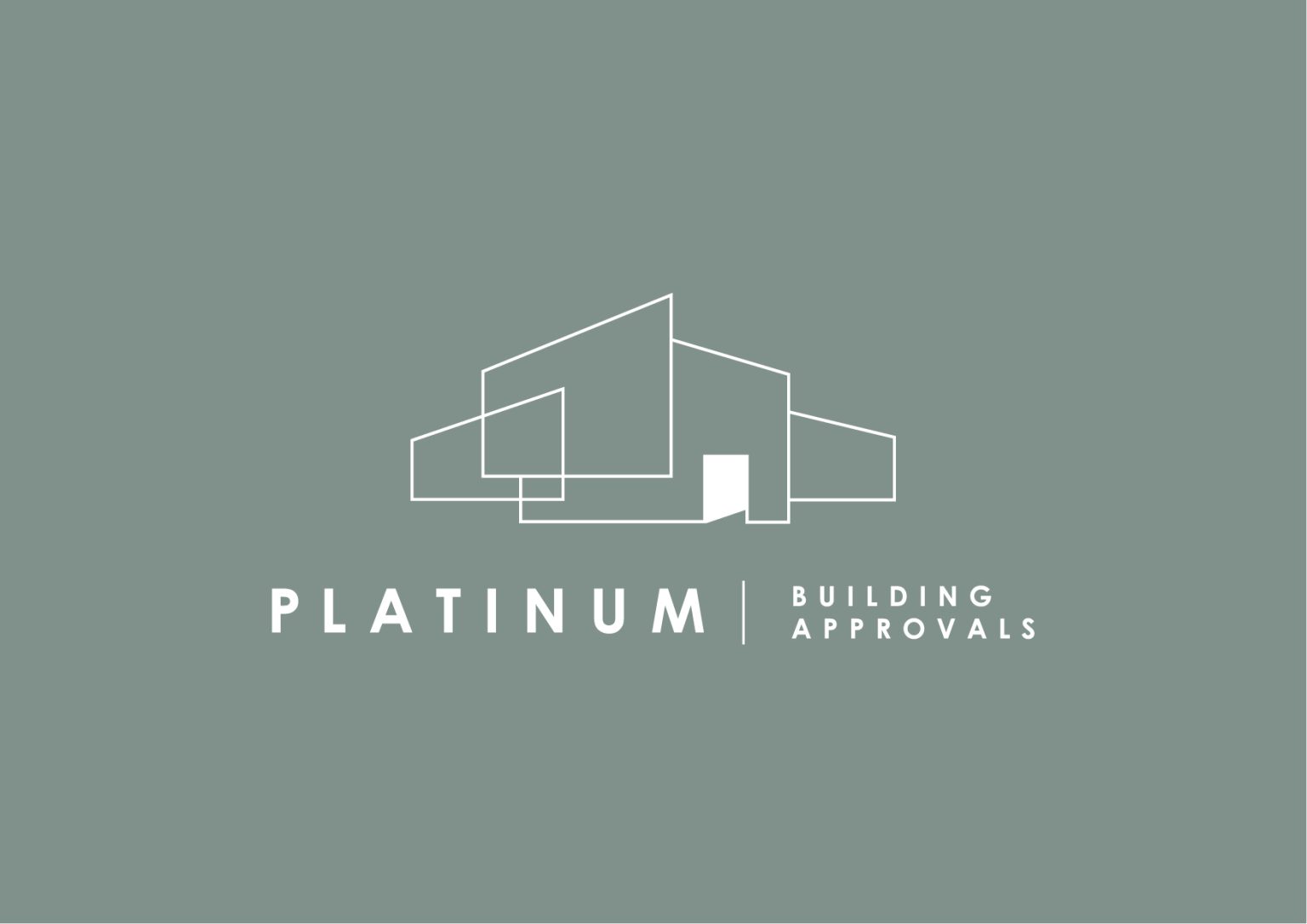Modular construction is evolving, but the NCC hasn’t caught up. Learn why updates are needed and what buyers should know about compliance.

Why Modular Deserves a Clearer Path Through the National Construction Code
Modular construction has come a long way. Its potential to meet Australia’s growing housing demand quickly and efficiently is undeniable — but the current National Construction Code (NCC) hasn’t quite caught up.
At present, the NCC isn’t designed to accommodate the unique nature of modular builds, especially in the residential sector.
That means each project often requires numerous performance solutions just to navigate the approval process — adding time, complexity, and cost.
A Code That Needs to Catch Up
There are new proposals being considered to amend and expand the NCC to better reflect the way modular is built.
As a building certifier, I believe this is a long-overdue and much-needed update. It’s time the code evolved to support this modern method of construction — not hinder it.
We at Platinum Building Approvals fully support these proposed amendments. Modular construction plays a critical role in the future of housing in Australia, and the code should reflect that.
A Note for Second-Hand Modular Buyers
If you’re purchasing a pre-built modular home — especially second-hand — make sure you obtain all compliance documentation upfront.
You’ll also need to confirm that the building was constructed in line with the constraints of your property (such as bushfire overlays, wind ratings, or setback requirements).
If you don’t, you could face costly and time-consuming hurdles trying to demonstrate compliance retrospectively. A little due diligence at the start can save a lot of stress later.
Interested in modular homes? Check out our modular home listings now to explore available options.